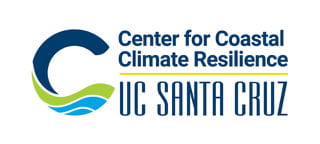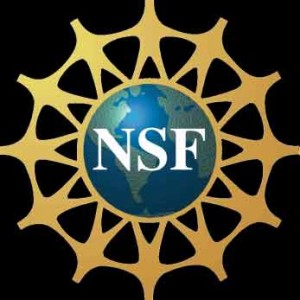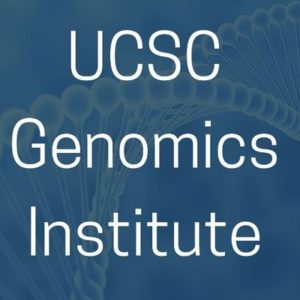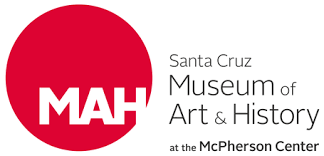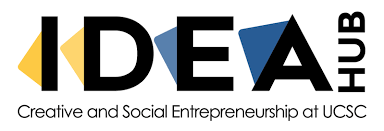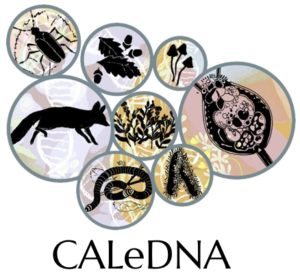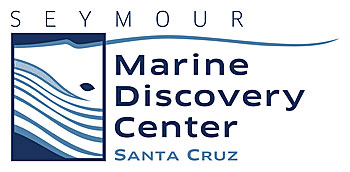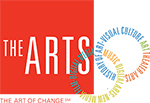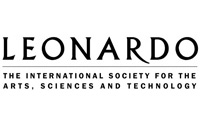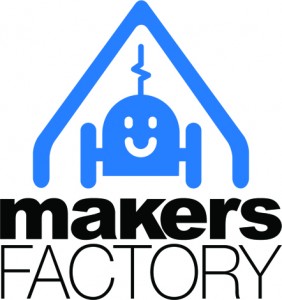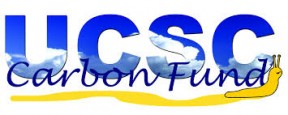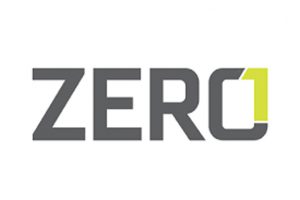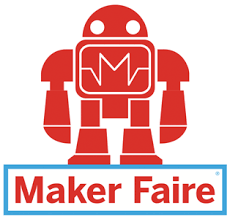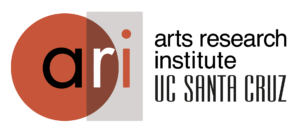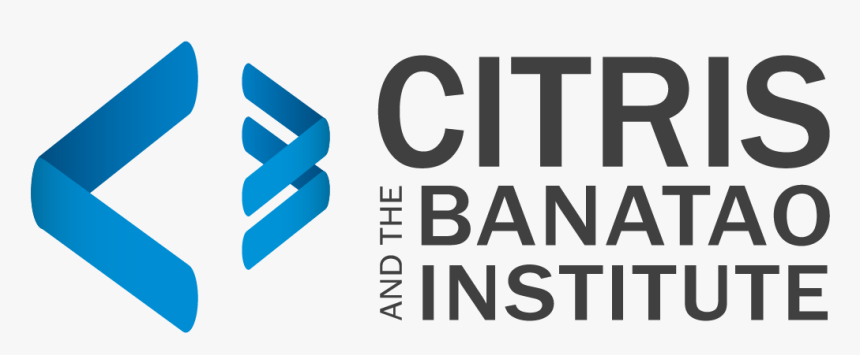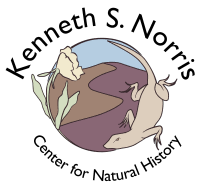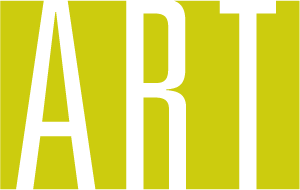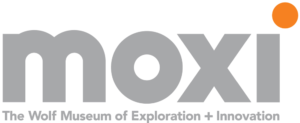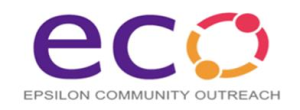Sponsors, Collaborators, and Funders
Center for Coastal Climate Resilience
The Center supports projects that bring together researchers and practitioners to build innovative climate solutions.
Project leads come from across campus in all divisions, including Arts, Humanities, Social Sciences, Engineering, and Physical & Biological Sciences. Our support aims to help teams to take their solutions to scale and implement them
The Office of the President is the systemwide headquarters of the University of California, managing its fiscal and business operations, and supporting the academic and research missions across its campuses, labs and medical centers.
The National Science Foundation (NSF) is an independent federal agency created by Congress in 1950 "to promote the progress of science; to advance the national health, prosperity, and welfare; to secure the national defense..." NSF is vital because we support basic research and people to create knowledge that transforms the future.
The Genomics Institute at UCSC creates advanced technologies and open-source genomics platforms to unravel evolutionary patterns, molecular processes and the underpinnings of disease.
The Museum of Art and History in Santa Cruz is a different kind of museum, one that focuses on building community. They build community through exhibitions, events, and projects that connect people to art, history, ideas, and each other.
Led by the Center for Innovation and Entrepreneurial Development (CIED), the IDEA Hub is a campus-wide initiative for students, created to spread social and creative entrepreneurship at UC Santa Cruz. A network of incubation facilities, fellowships, seminars, workshops, and mentorships provides students space to think critically about the challenges facing society and propose pathways for meaningful intervention.

The Science & Justice Research Center at the University of California, Santa Cruz is a globally unique endeavor that innovates experimental spaces, engages in co-laborative research practices, and fosters emerging alliances between seemingly disparate sectors, disciplines and communities.
CALeDNA aims to address problems in biodiversity monitoring by pairing volunteer community scientists with California researchers to collect soil, sediment, and water samples from across California. By analyzing the environmental DNA (eDNA) from the soil samples, we can assess the biodiversity of microbes, fungi, plants and animals.
The Seymour Marine Discovery Center is dedicated to educating people about the role scientific research plays in the understanding and conservation of the world’s oceans.
The Randall Museum is a museum of science, nature and the arts as well as a San Francisco Recreation and Park Department community learning center. The mission of the Randall Museum is to inspire creativity, curiosity, and a love of learning about the world around us. To advance this mission, the museum offers an integrated program of science, nature and art to children, youth, and adults through opportunities for hands-on learning and recreation, focusing on the cultures and environments of the San Francisco Bay Area.
The Arts Division offers both creative and critical studies of art and culture at the undergraduate and graduate level. The division is committed to building our students' capacity for creative and critical thinking.
The Lamat program targets undergraduate students in science and engineering currently enrolled in community colleges in California who might not have research experience, although we welcome applications from other 2-year institutions.
Leonardo is interested in work that crosses the artificial boundaries separating contemporary arts and sciences. Featuring illustrated articles written by artists about their own work as well as articles by historians, theoreticians, philosophers and other researchers, the journal is particularly concerned with issues related to the interaction of the arts, sciences and technology.
A member-driven creation zone for makers of all levels to collaborate, innovate, and build a community. At IFL you can have access to high tech tools and design software, learn new skills through classes and workshops, and collaborate with fellow members on fun and interesting projects.
The National Endowment for the Arts is an independent federal agency that funds, promotes, and strengthens the creative capacity of our communities by providing all Americans with diverse opportunities for arts participation.
Designated in 1992, Monterey Bay National Marine Sanctuary (MBNMS) is a federally protected marine area offshore of California's central coast.
The Arts Division offers both creative and critical studies of art and culture at the undergraduate and graduate level. The division is committed to building our students' capacity for creative and critical thinking.
The UCSC Carbon Fund is a granting body that funds student, staff, and community projects that reduce our carbon footprint. We provide funding, support, and participation in sustainability projects on campus and in the community that directly reduce greenhouse gas emissions, conduct relevant research, or carry out educational programs.
The Coaction Lab is dedicated to the compulsive exploration of unstable relationships between organisms, environments and technology; examining site specific histories, stories and inspiration. We are interested in the symbiotic worlds of bio & ecological art, interactive systems, 2D & 3D prototyping, video projection mapping, biosensors and multi-sensory data translation.
ZERO1 is a Silicon Valley hybrid arts organization. They connect creative explorers in art, science, and technology to provoke and explore new ideas that build engaged and vibrant communities.
The Sustainability Office fosters a culture of sustainability at UCSC by actively engaging students, staff, faculty and community members through education, leadership development, institutional change and behavioral transformation.
Maker Faire is a celebration of invention, creativity, and curiosity showcasing the very best of the global Maker Movement. People of all ages and backgrounds gather to learn, share, make and get inspired at Maker Faires around the world. Find one near you and get inspired for the future!
The Arts Research Institute at UC Santa Cruz supports UC faculty, graduate, and undergraduate students involved in creative research, scholarship, and publicly-engaged practice.
The Center for Information Technology Research in the Interest of Society and the Banatao Institute or CITRIS for short, is a multi-campus initiative focused on research and emerging technologies. Established in 2001, CITRIS leverages the interdisciplinary research strengths of UC Santa Cruz, Berkeley, Davis and Merced to advance the University of California's mission.
The Science Internship Program
Provides motivated, advanced students with a unique opportunity to work and learn at UCSC as as summer-long (9 week) research internship program for high school students in STEAM fields.
The Kenneth S. Norris Center for Natural History supports natural history educational and research opportunities for students, faculty, staff, and the greater Santa Cruz community. Established in 2014 through a lead endowment gift from the David and Lucile Packard Foundation, the Norris Center builds upon the contributions that Professor Ken Norris and others made to the field of natural history at UCSC.
NASA brings together technology, science, and unique global Earth observations to provide societal benefits and strengthen our nation. Critical to understanding how our planet’s natural resources and climate are changing, our observations form the foundation for important environmental planning and decisions by people all over the world.
The Art Department approaches art making as a rigorous creative practice, which can reflect upon, intervene and transform the world in which we live.
MOXI Wolf Museum of Exploration + Innovation's mission is to ignite learning through interactive experiences in science and creativity. As Santa Barbara’s newest hands-on destination for families and curious minds of all ages, MOXI is a place where you can explore and discover new things about the world around you, ask questions, seek answers and have a blast doing so.
Epsilon associates are a generous bunch, and Epsilon is proud to support their passion for giving. We do so in many ways, with most work being driven directly by our associates.
Oakland’s grassroots Community Lab for biohacking and citizen science. Counter Culture Labs, a community of scientists, tinkerers, biotech professionals, hackers, and citizen scientists who have banded together to create an open community lab — a hackerspace for DIY biology and citizen science

